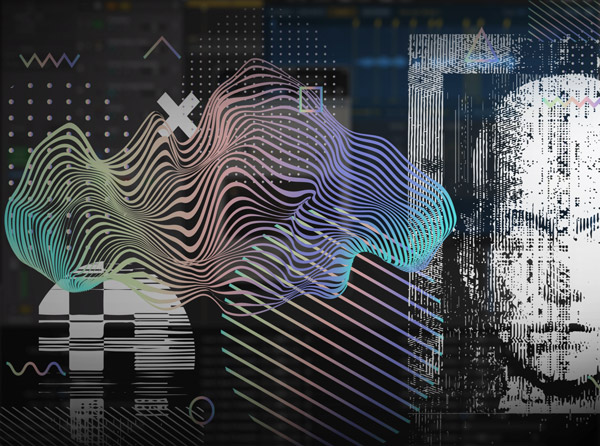Brian Eno Widely regarded as one of the pioneers of generative music, Brian Eno has been creating ambient and generative…
Category: AI Music
Generative Music: Unlocking the Boundless Creativity of Artificial Intelligence
In recent years, a fascinating musical phenomenon has emerged: generative music. This innovative form of composition and performance harnesses the…

